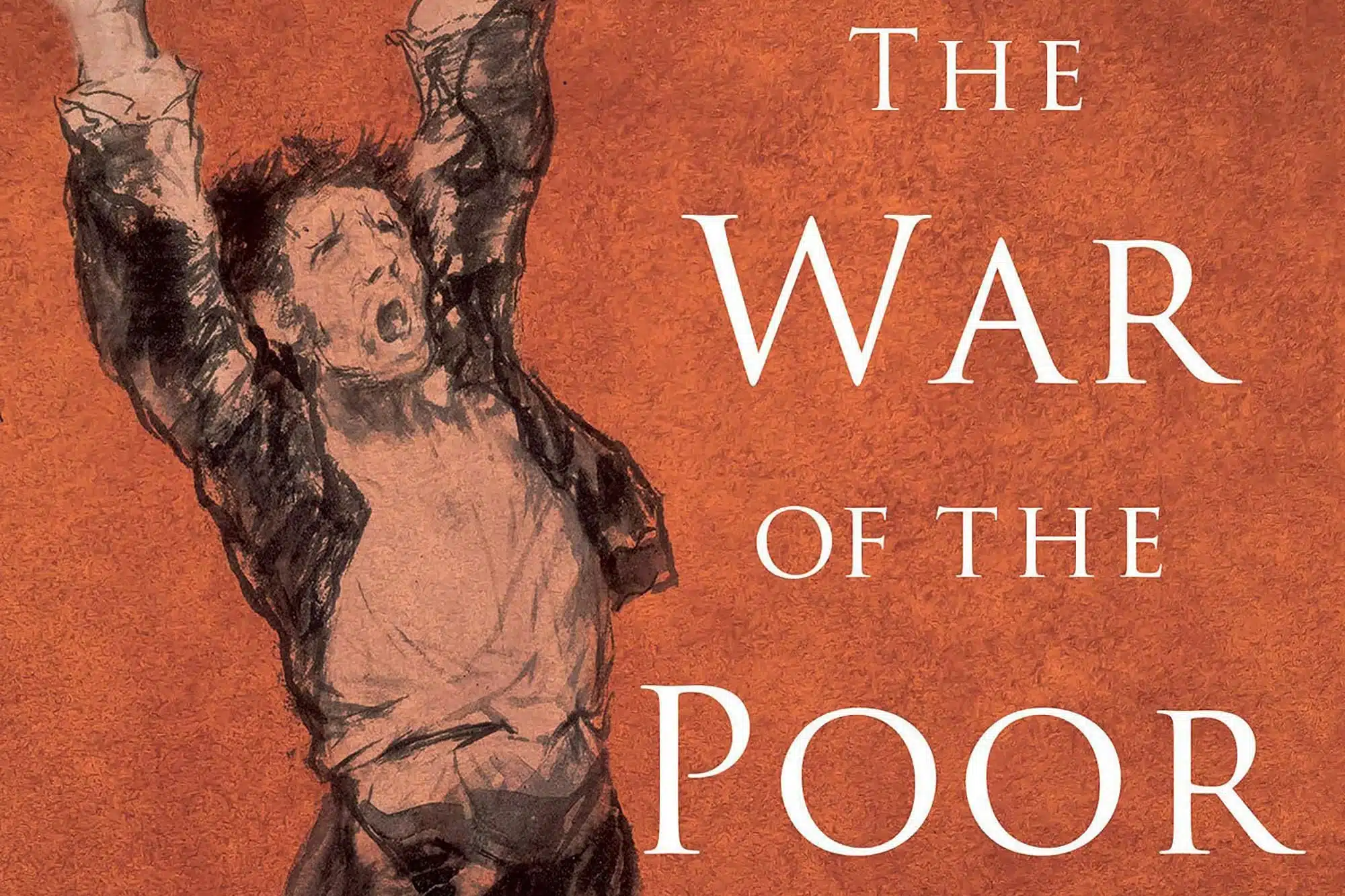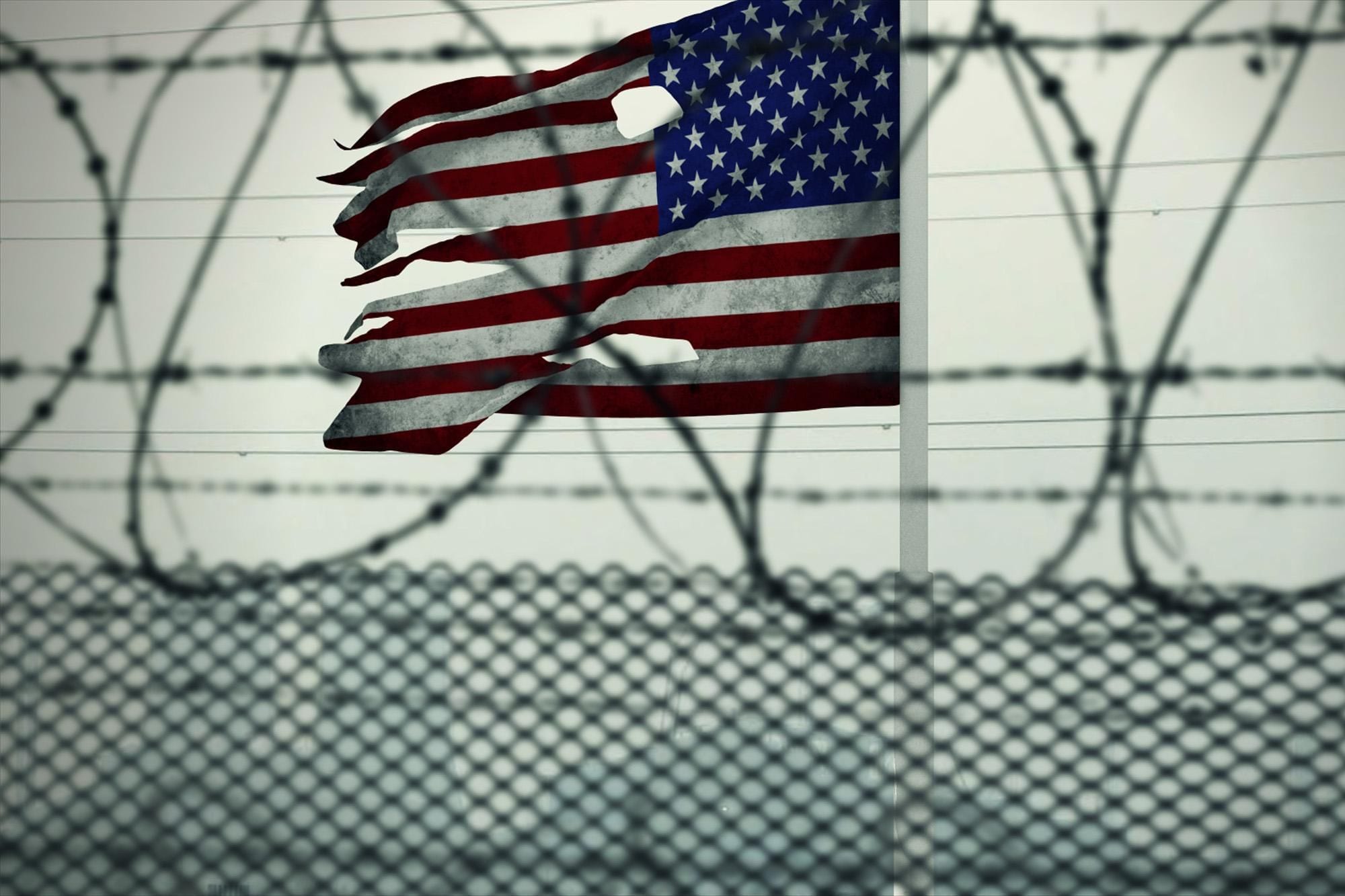
‘Lost Maya Cities’ Digs into the Nitty-Gritty of Archaeology
Slovenian archeologist Ivan Sprajc's memoir, Lost Maya Cities, is a pleasant read but it could have dug deeper.

Slovenian archeologist Ivan Sprajc's memoir, Lost Maya Cities, is a pleasant read but it could have dug deeper.

Living under the repressive East German regime taught its citizens to distrust their government and read through the lines of its proclamations to glean the reality of a situation, Jenny Erpenbeck explains in Not a Novel.

Éric Vuillard's engaging The War of the Poor takes a literary approach that is more art than history, but that is a wonderful way to convey important historical events and their long reach into our troubled times.

Could humankind change its social structures to mimic plants' inherent strengths of cooperation and conservation?

Viewers might temper a recognition of Finnish film Open Up to Me's strong points with an awareness of the complexity of trans portrayal in film.

From the rich archives of Chicago's Gerber Hart Library, John D'Emilio's Queer Legacies offers an inspiring overview of individual perseverance; poignant losses, and stirring collective gains.

In Megan Rapinoe's memoir One Life, her training, hard work, and competitive spirit are coupled with an impassioned account of her political awakening.

The Trump-bolstered radical right are akin to fourth-century Christian fanatics who -- in the space of a single generation -- transformed the Roman empire from a state of broadly tolerant religious plurality to one of violence and societal destruction.

This phase of Coil, explained by them as more "feminine", "lunar consciousness musick" in contrast to their previous "solar" phase, featured extensive use of organs, electric viola, and other synthesizers, a greater range of vocal experimentation.